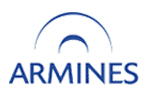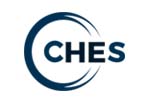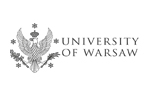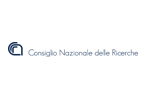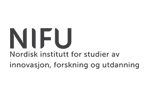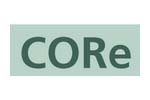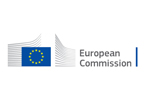In Europe, about 85% of public research funding are currently managed through national programs, accessible mainly to national performers. Nonetheless, during the last four decades we witnessed an increasing relevance of joint and open research programs on an European and international level. In 2000, the foundation and development of an European Research Area (ERA) became an official goal of European research policy.
The development of joint and open research programs is currently seen as one central initiative to improve the quality, efficiency and structuring of the European Research Area. Despite their relevance, data on these programs are often partial and incomplete and do not allow comparison on an international/European level. It is therefore necessary to establish a sound empirical basis, suitable methods and indicators and of course adequate data in order to monitor and evaluate these programs appropriately. On this account the iFQ participates in the European project JOREP (Investments on joint and open R&D programs and analysis of their economic impact) aiming at establishing a sound basis for the monitoring of the investments in open and joint programming in Europe. In more specific terms this means:
- The development of an infrastructure suitable for systematic and long-term data collection on open and joint programming in Europe. This includes the formulation of definitions, typologies and classifications as well as procedures for data collection.
- To perform a data collection on eleven European countries for the period of 2000 to 2009, and to use these data for an in-depth quantitative analysis of the development of open and joint programming in the involved countries.
- Thus to generate information that will allow statements on the impact of this type of programs.
JOREP is conducted jointly by a consortium of eleven European research organisations under the aegis of the Institute for Economic Research on Firms and Growth, a center of the National Research Council of Italy (CERIS CNR).

